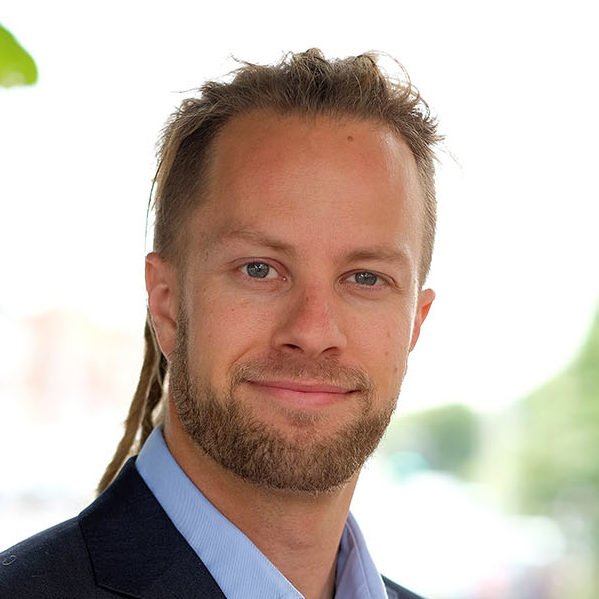My team at FaithAction have developed a great way of working together. They’re able to able to focus on working hard, support one another, and enjoy each other’s company.
Some of us may take a job because we’re impassioned to make a difference, because we enjoy the community feeling of the workplace or, quite frankly, because we need the money. In truth, most of us are probably looking for all three.
In our team, we often find little phrases or nicknames that stick—helping us better establish or define what we’re referring to. They become useful mental shortcuts that give us a greater understanding and a shared experience.
Some months ago, we were discussing the nature of migrating people and their acceptance into society. We asked each other, why are some migrant or displaced communities more openly received and welcomed than others? A member of the team suggested that it comes down to whether we think they are a ‘righteous cause.‘
But what did they mean by this?
It seems obvious to say that there are some causes that we value as more worthy and acceptable than others. We are more sympathetic to influxes of migrants that we perceive as ‘righteous’, even if this means accepting certain levels of interference in our lives and freedoms. Now, let me be particularly clear: our initial discussion was not about placing a value on one group over another—we were trying to reason why experiences of migration, displacement, and integration experiences are so varied.
This idea of a ‘righteous cause’ has been one that we have come back to repeatedly— sometimes seriously, often ironically. It has formed somewhat of a mind worm for me.
Is it true, then, that some causes are truly ‘righteous’, for ‘the greater good’? I’ve often heard of the Second World War called “the last good war”—the heroic Allies repelling the monstrous Axis. Certainly, there are few that would argue that we should not have stood up to the dictatorships spreading across Europe. Yet, some of the actions taken by Allied forces—laying mines, bombing civilian areas—could be considered war crimes.
Regardless, I feel that we all still crave a ‘righteous cause‘ of our own—something we can all rally behind.
If the COVID inquiry tells us anything, it will surely be that difficult decisions had to be made and, unfortunately, that a lot of these decisions were made by our leaders because of their own weakness and pettiness. But it seems strange to me that we are surprised at this—all of us exhibit human frailty. Just because somebody is in a position of leadership does not make them immune to the petty desires and insecurities that all of us face every day. But, pursuing a ‘righteous cause’ seemingly gives us the opportunity to move above human pettiness.
Much of what we do day-to-day at LifeLine and FaithAction can be considered our righteous causes. Whether it’s mentoring young people faced with a multitude of modern issues, supporting parents and families to provide a nurturing environment for the next generation, or empowering and advocating for organisations working with some of the most marginalised groups in our society—we are all making a significant contribution every day in an sector where we rarely have enough resources to go around.
Regardless of these limitations, we seem to always be able to add significant value, going above and beyond, and using creativity and commitment to make a difference where other agencies barely scratch the surface.
Not all of us are given the opportunity to follow a ‘righteous cause’ in our regular jobs. But there are many other opportunities out there—whether it be volunteering or being a charity trustee or a school governor. These are vital roles that make the jobs of those on the frontline possible. We even have several such opportunities available ourselves, particularly within our local Healthwatch.
But no matter what you choose to support, I believe there is not much greater in life than pursuing a ‘righteous cause.’


Now recruiting volunteers!
Volunteers play a vital role in helping people have their say on health and social care. Volunteering with Healthwatch can help you develop skills, gain experience and make a difference to your community.
We currently have many volunteer opportunities available. All volunteers will receive a full induction and proper training will be provided where required.
If you’d like to discuss volunteering with us or would like more info, give us a call on 0800 298 5331 or email ku.oc.mahnegaddnagnikrabhctawhtlaehobfsctd-43134a@ofni.



